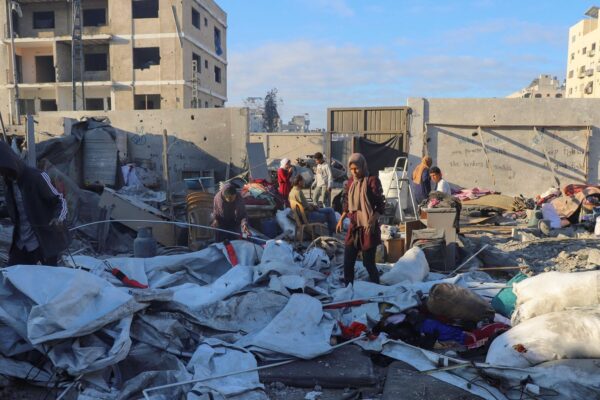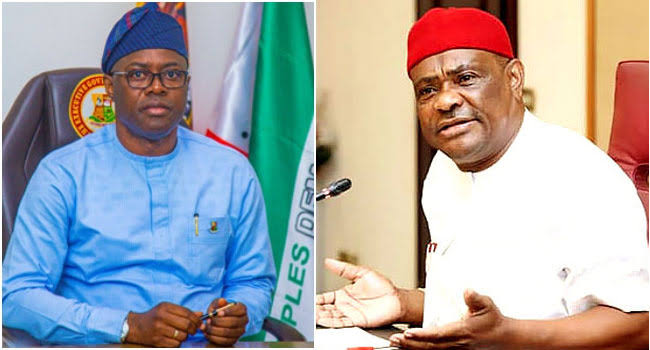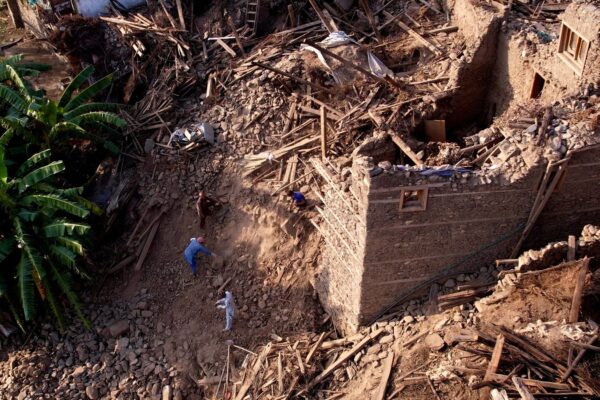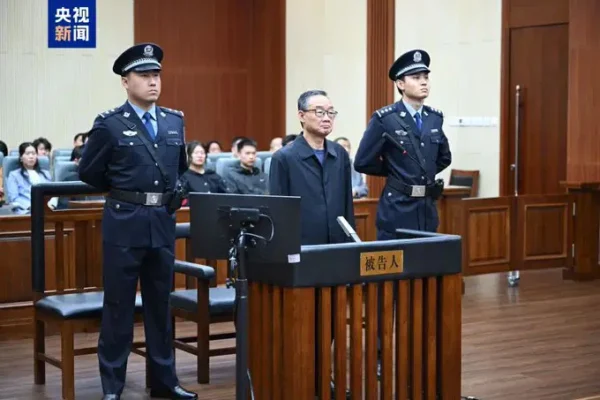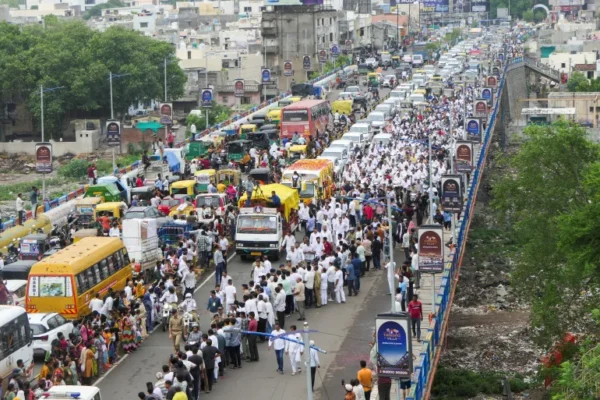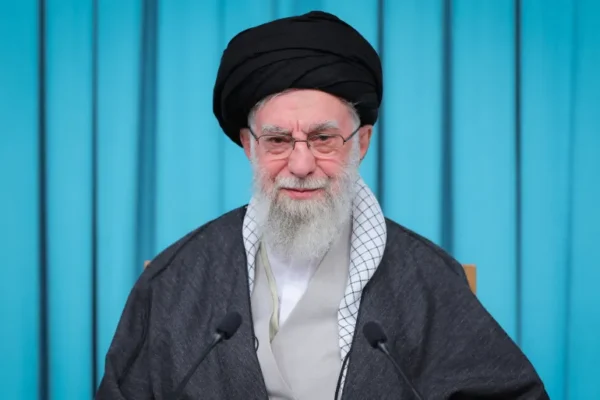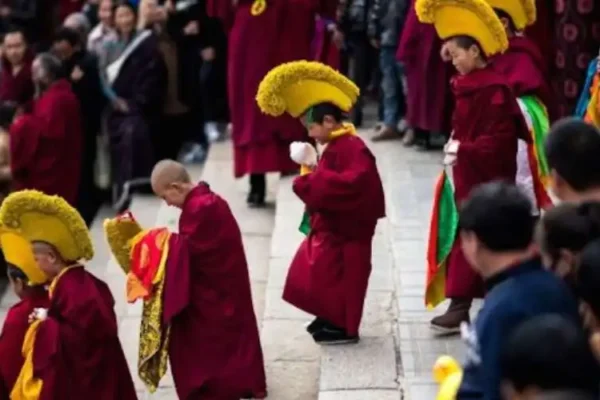Beijing moves to curb commercialization of faith and reassert Communist Party control over spiritual life China has rolled out sweeping new restrictions on religious expression online, banning unlicensed digital preaching and the use of artificial intelligence to produce religious content. The move is part of a broader campaign by the Chinese Communist Party to clamp down on the commercialization of religion and ensure religious activities remain firmly under state control. The crackdown, introduced by the National Religious Affairs Administration, prohibits most forms of online religious engagement unless carried out by state-licensed religious institutions. This includes bans on livestreamed sermons, short religious videos, paid digital rituals such as online chanting or incense offerings, and AI-generated religious teachings. Authorities cited the need to combat the spread of “illegal information,” online fortune-telling, and “heretical cults” as key reasons for the policy. The tightening of online regulations comes amid rapid growth in what some analysts have dubbed China’s “temple economy,” estimated to be worth over $14 billion annually. Religious revival in the country—despite formal restrictions—has led to a boom in temple tourism, e-commerce sales of religious items, and digital spiritual services. While only about 10% of the population formally identifies with a religion, surveys suggest up to 40% of Chinese people believe in deities, spirits, or ghosts. The blending of faith and commerce has sparked criticism that religious practice is becoming overly commodified and detached from its spiritual roots. The timing of the new restrictions follows the public scandal surrounding Shi Yongxin, abbot of the iconic Shaolin Temple, who is currently under investigation for alleged financial misconduct and behavior deemed inconsistent with Buddhist teachings. Known as the “CEO monk” for his high-profile commercial ventures, Shi has been accused of turning the monastery into a profit-making enterprise. Several of his associates have reportedly been detained, and the case has become a flashpoint for debates about the blurred lines between religion, commerce, and state power in modern China. In response to the new measures, local religious bureaus across China have begun implementing compliance campaigns. In Sichuan province, officials have organized study sessions for Buddhist, Catholic, and Islamic leaders to reinforce the new rules. Religious organizations have been told to carry out internal “self-examinations,” and local authorities have pledged to “eliminate risks” posed by unregulated religious activity. Analysts view this as part of a broader ideological tightening under President Xi Jinping, whose administration has already conducted wide-ranging anti-corruption drives across government and the Communist Party. The current focus on religion reflects a desire to prevent religious leaders from accumulating social influence or wealth that might challenge the state’s authority. The new rules will significantly affect temples and clergy that have embraced digital platforms. At Mount Qingcheng, a Taoist sacred site in Sichuan, monks had begun livestreaming services and selling religious merchandise on Douyin (China’s TikTok), with some items priced over $1,400. Such practices have drawn both fascination and criticism on social media, where users mockingly described monks as luxury tourists. While the latest crackdown may curtail these ventures, observers expect some religious groups to find workarounds, noting that similar campaigns in the past have lost momentum after a few months. Ultimately, the latest restrictions highlight Beijing’s intent to keep religion subordinate to the state. According to Ian Johnson, author of The Souls of China, the policy is less about eliminating faith and more about controlling it. “Religion may flourish, temples may profit, and millions may worship,” he said. “But only on terms acceptable to the Communist Party.” As China balances economic development, political stability, and spiritual expression, the message remains clear: religious freedom exists—but only within limits drawn by the state.
